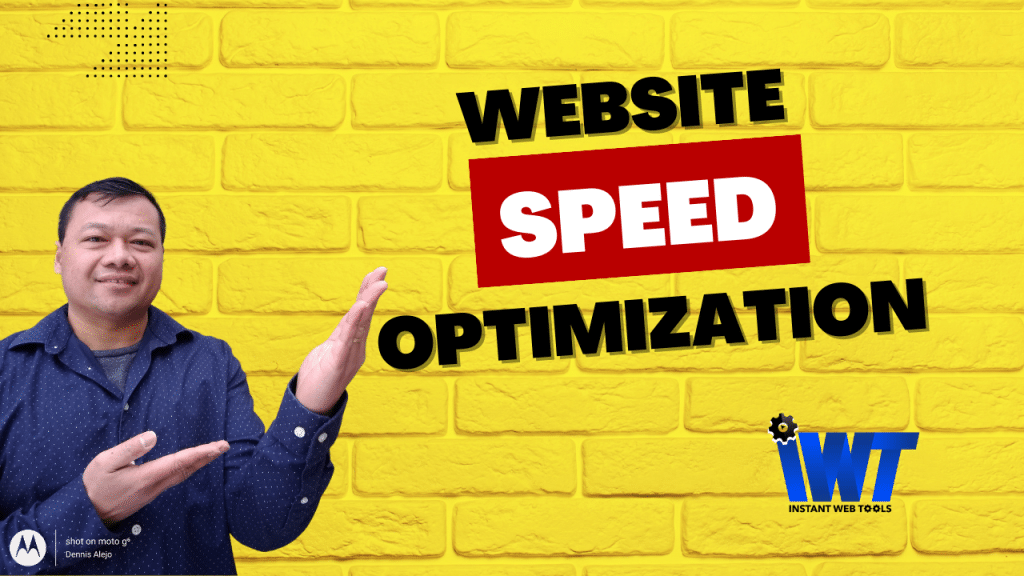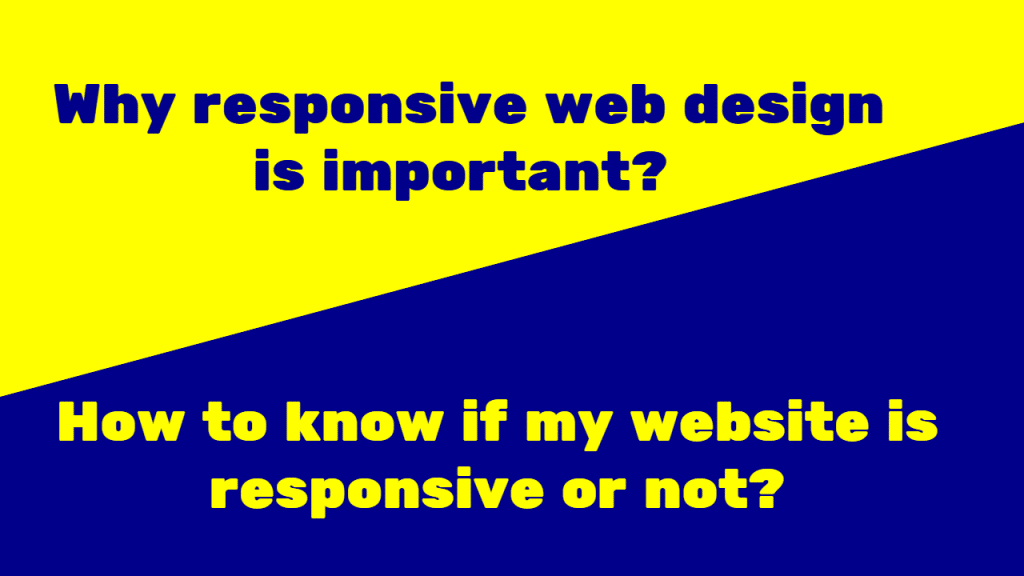In today’s fast-paced digital world, website speed optimization has become an essential aspect of website development and maintenance. Website speed refers to the time it takes for a website to load fully, and it is a crucial factor in determining a website’s overall performance. A fast-loading website can significantly impact user experience and increase engagement and conversions, while a slow-loading website can result in a frustrating user experience, decreased engagement, and even lost revenue. In this article, we will explore the importance of website speed optimization and the various ways to achieve it.
Why Do You Need Website Speed Optimization?
Better User Experience
A fast-loading website can significantly improve user experience, and a positive user experience can increase engagement and conversions. In today’s fast-paced digital world, users expect websites to load quickly, and if a website takes more than a few seconds to load, they are likely to leave and never return. According to a Google study, if a website takes longer than three seconds to load, 53% of mobile users will abandon the site. In contrast, a fast-loading website can increase engagement, reduce bounce rates, and improve the chances of converting visitors into customers.
Improved Search Engine Rankings
Website speed is also a critical factor in determining search engine rankings. Search engines like Google use page speed as a ranking factor, and a slow-loading website can negatively impact your search engine rankings. A fast-loading website, on the other hand, can improve your search engine rankings, increase visibility, and attract more organic traffic.
Increased Conversions and Revenue
Website speed optimization can significantly impact conversions and revenue. A fast-loading website can reduce bounce rates, increase engagement, and improve the chances of converting visitors into customers. According to a study by Akamai, a one-second delay in website load time can result in a 7% reduction in conversions. This means that if your website generates $100,000 in revenue per day, a one-second delay could result in a $2.5 million loss per year.
Better Mobile Experience
In today’s mobile-dominated world, website speed optimization is even more critical. Mobile users expect websites to load quickly and smoothly, and a slow-loading website can result in a frustrating user experience. According to a Google study, the average mobile website takes 15 seconds to load, and 53% of mobile users will abandon a site that takes longer than three seconds to load. A fast-loading mobile website can significantly improve user experience, increase engagement, and improve your chances of converting mobile visitors into customers.
Ways to Achieve Website Speed Optimization
Optimize Images
Images are often the largest files on a website and can significantly impact website speed. To optimize images, reduce the file size by compressing images without losing quality, use the correct file format (JPEG, PNG, GIF), and use lazy loading to reduce initial load times.
Use a Content Delivery Network (CDN)
A Content Delivery Network (CDN) is a network of servers distributed around the world that cache your website’s static files and deliver them to users from the server closest to their location. This can significantly improve website speed and reduce load times, especially for users located far from your web server.
Minimize HTTP Requests
HTTP requests refer to the number of requests made by a browser to load a website. The more HTTP requests a website has, the longer it takes to load. To minimize HTTP requests, reduce the number of images, scripts, and stylesheets on your website and combine them into one file where possible.
Use a Caching Plugin
Caching plugins can significantly improve website speed by storing frequently accessed data in the cache, reducing the time it takes to load a page.
In conclusion, website speed optimization is an essential aspect of website development and maintenance that should not be overlooked. A fast-loading website can significantly impact user experience, search engine rankings, conversions, and revenue. With the increasing importance of mobile devices, website speed optimization has become even more critical in providing a seamless user experience for mobile users. By implementing optimization techniques such as optimizing images, using a Content Delivery Network (CDN), minimizing HTTP requests, and using caching plugins, website owners can significantly improve website speed and ensure a positive user experience. In today’s fast-paced digital world, a fast-loading website can make all the difference in attracting and retaining visitors, converting them into customers, and ultimately, driving business success.
Looking for help with website speed optimization? Instant Web Tools LLC is here to help! Contact us today at https://instantwebtools.co to discuss how we can help you improve your website’s performance and user experience.







